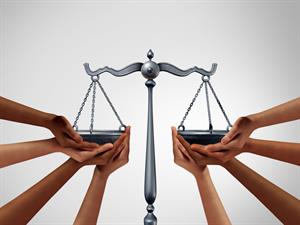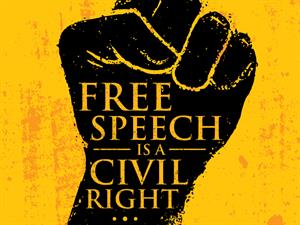
PUMPA - SMART LEARNING
எங்கள் ஆசிரியர்களுடன் 1-ஆன்-1 ஆலோசனை நேரத்தைப் பெறுங்கள். டாப்பர் ஆவதற்கு நாங்கள் பயிற்சி அளிப்போம்
Book Free DemoTypes of Human Rights:
The Universal declaration consists of “30 Articles” which speaks about the social, economic, cultural, civil and political rights of humans irrespective of their background.

1. Social Rights:

Social Rights
Social rights are ensured by the Universal declarations, which enable the participatory function among the society. These rights are inherent to the humans who constitute a society. The social structure of a society is built upon the values of its participants.
These rights also play a crucial role in deciding the standard of life led by an individual in terms of access to food, shelter and social security.
2. Economic Rights:
These rights ensure the economic freedom to perform any economic activity for sustenance and livelihood. The declaration enables the right to work, bringing an egalitarian society with equal economic opportunity for all.
Some of the basic economic rights include:
- Equal pay for equal work,
- Right to employment,
- Right to form trade unions,
- Right to rest and leisure.
December \(10\): The Universal Declaration of Human Rights was adopted by the UN General Assembly on December \(10\), \(1948\). Hence, this day is celebrated as “Human Rights day” across the globe.
3. Cultural Rights:
1. Cultural rights give the people the freedom to practice and profess any religion of their liking without any constraints. Every human has the right to preserve their culture and enjoy the benefits of the culture.
2. Further, they are entitled to share the scientific advancement and its benefits among them. Their moral and material interests are also protected under Cultural rights.
4. Civil Rights:

Civil Rights
1. Civil rights guarantee physical and mental integrity for humans, including protection from discrimination, life, and safety. Any infringements from the Government, Private or any other organizations or individuals are defended.
2. These are rights bestowed upon the civilians by their respective governments, which includes “right to life, liberty and security, right to freedom from torture and slavery, right to property etc.
5. Political Rights:
1. This enables a citizen to participate in the political functions of a state. It allows a human to be part of the democracy by enabling voting power and his right to express, condemn, and self-defence.
2. Political rights further expand into the protection of individuals against arbitrary detentions and misuse of power. It also gives “right to a free and fair trial and right to judicial remedies”.
3. Some other rights include “Freedom of speech, thought, and expression, right to be part of government affairs, equal access to public service etc.”